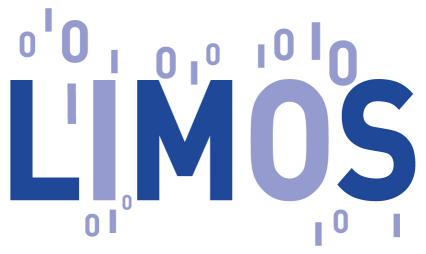|
Date : 7 avril 2025 13:00 - Type : Thesis - Armel SOUBEIGA - Amphi 3 - Pôle commun
Classification automatique évidentielle pour l'analyse des trajectoires |
La classification automatique est une tâche fondamentale en analyse de données, visant à regrouper des objets en classes en fonction de leur similarité. Les méthodes traditionnelles, comme le k-means, assignent chaque objet à un seul groupe, ce qui ne convient pas quand l'incertitude ou le chevauchement entre groupes est important. Les approches basées sur les fonctions de croyance, issues de la théorie de Dempster-Shafer, permettent de gérer cette incertitude en attribuant à chaque objet plusieurs degrés d'appartenance.
Dans cette thèse, nous contribuons au développement de cadres méthodologiques et de nouveaux algorithmes pour le clustering évidentiel des trajectoires séquentielles multidimensionnelles (TSM). Nous avons examiné et comparé les approches existantes, notamment celles basées sur les caractéristiques, sur les données brutes et sur les modèles, en nous concentrant sur leur application aux séries temporelles catégorielles ou discrètes. Nous explorons de nouveaux cadres, notamment l'utilisation des algorithmes de clustering traditionnels, evidential c-means (ECM) combinés à des méthodes d'extraction et de sélection non supervisée de caractéristiques. Nous avons proposé de nouveaux algorithmes de clustering basés sur la théorie des fonctions de croyance pour le regroupement des TSM, tels que le multi-vue evidential c-medoids (MECMdd) et le soft evidential c-means (Soft-ECM). L'efficacité des cadres proposés et des nouveaux algorithmes est évaluée sur différents ensembles de données réels et synthétiques. Enfin, nous avons appliqué nos méthodes à l'analyse des trajectoires de soins de la douleur chronique dans le cadre du projet eDOL.
